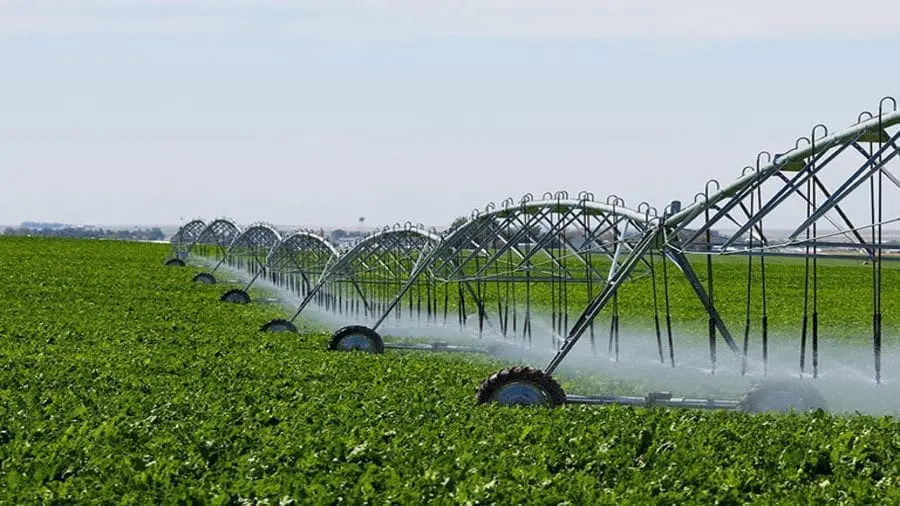There are no products in your shopping cart.
| 0 Items | £0.00 |


WORLD Bank officials have approved a $40m to African nations to fund what is known as Climate Smart Agriculture (CSA) and address critical gaps in climate resilience and food security across the African continent.
With the whole world facing a cost of living crisis as the price of basic foodstuffs escalate, African nations are under pressure to increase their agricultural output to deal with the matter. In a bid to support the continent and assist with its ability to increase productivity, the World Bank is pushing CSA as a means of enhancing production in a sustainable manner.
CSA is a novel approach to agriculture that aims to transforming agri-food systems towards green and climate-resilient practices. Among other things, CSA is focused on sustainably increasing productivity, adapting to climate change and reducing greenhouse gas emissions.
This $40m grant offered through the International Development Association, is a new financing allocated to Consultative Group on International Agricultural Research (CGIAR) centres through the International Center for Tropical Agriculture. It facilitates the validation and dissemination of CSA technologies and methods across Africa.
Countries that stand to benefit from the programme include Ethiopia, Ghana, Kenya, Mali, Senegal and Zambia, which represent various agro-ecological zones vulnerable to the impacts of climate change. Under the scheme, farmers and livestock keepers would be equipped to predict and prepare for climate-related events more effectively, along with improved access to climate advisories directly connected to actionable response measures.
Chakib Jenane, the World Bank regional director for sustainable development, said that the bank is committed to working closely with its partners to ensure that farmers and other stakeholders benefit from innovative solutions to address the challenges posed by climate change. He stressed that climate-smart agriculture is essential for enhancing food security and economic development in a sustainable manner.
According to the World Bank, the aim of its Accelerating Impacts of CGIAR Climate Research for Africa project is to strengthen the capacity of governments, regional organisations, farmers and other relevant stakeholders. It said it also seeks to enhance access to and use of climate information services and validated climate-smart agriculture technologies in Africa.